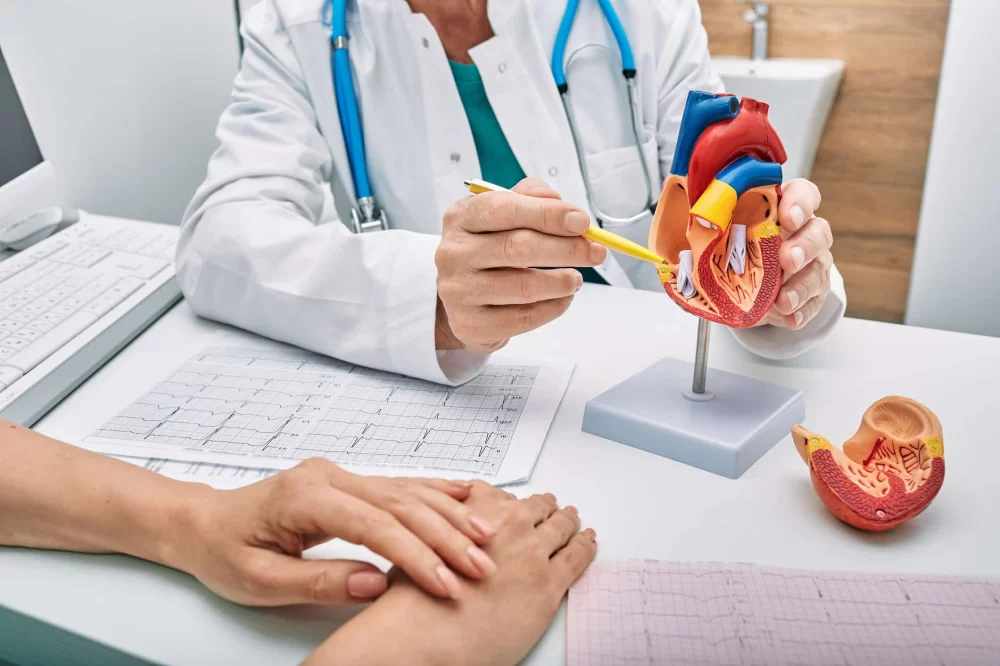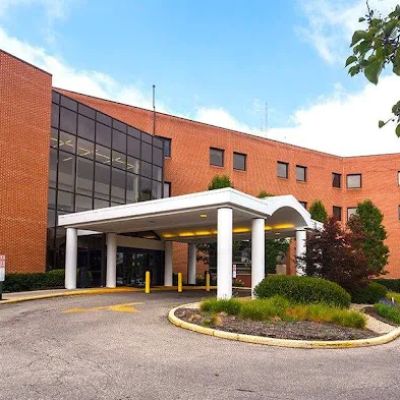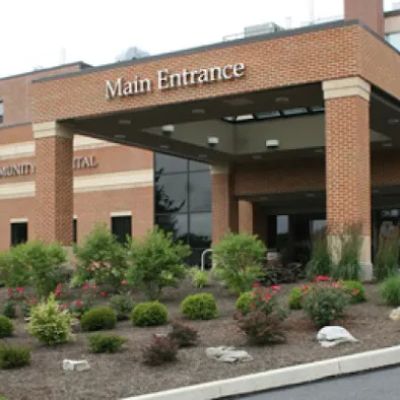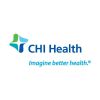How to Get Ready for Your Cardiology Appointment: A Personal Guide to Heart Health
When it comes to taking care of your heart health, few things are as important as visiting a cardiologist. Whether you’re seeing a heart doctor for a routine check-up, a second opinion, or because you have concerns about your cardiovascular health, preparing for the appointment can make all the difference. Over the years, I’ve learned that walking into a cardiology appointment feeling prepared can lead to a more productive and informative visit. So, if you’re nervous or unsure about what to expect, let me walk you through how I prepare for a cardiology appointment and how you can do the same. Trust me, a little preparation goes a long way!

1. Gather Your Medical History
Before I even step foot into the cardiologist's office, I make sure I have all my medical information in hand. This might sound like a no-brainer, but it’s easy to forget important details when you’re rushing. Start by gathering any previous test results, such as EKGs, echocardiograms, blood tests, or stress test reports. If you've been diagnosed with any heart conditions, make sure to bring a list of past treatments, medications, and surgeries. Your cardiologist will want to know your full health history to make the best possible recommendations.
If you have a family history of heart disease, it’s important to share this with your doctor as well. I always make sure to mention if any immediate family members had heart conditions, especially since family history can play a significant role in cardiovascular health. You may not always be aware of what the doctor needs, but it’s better to err on the side of providing too much information than too little.
Heartland Cardiovascular Center
heartland cardiology
Madison Medical Plaza, 301 N Madison St # 207, Joliet, IL 60435, USA

2. List Your Current Medications and Supplements
During your appointment, it’s important to talk about any medications you’re currently taking. Whether it’s prescription drugs, over-the-counter medications, or even supplements, make a detailed list of everything. This helps the cardiologist understand your current treatment regimen and avoid any potential drug interactions.
I always bring a printed list of medications along with their dosages, including vitamins or herbal supplements. It’s so easy to overlook the importance of sharing this information, but trust me, your doctor will appreciate the transparency. Also, make note of any side effects you’ve been experiencing, no matter how minor they may seem. This can provide your cardiologist with valuable insights into your overall health.
3. Write Down Your Symptoms and Concerns
One thing I’ve learned through my own appointments is that it's easy to forget to mention certain symptoms when you're in the doctor’s office. That’s why I make it a habit to jot down any symptoms I’ve been experiencing, no matter how small or unrelated they might seem. If you’ve been feeling short of breath, have had chest pain, dizziness, or fatigue, be sure to mention these symptoms. Even symptoms like swelling in your ankles or trouble sleeping could be related to your heart health.
I also write down any questions I have for my cardiologist. Sometimes, when I’m sitting in the examination room, I can forget things I wanted to ask. Having a written list of questions ensures that I cover all the topics that are important to me. Some questions I always ask include: “What lifestyle changes should I make?” “What tests will help diagnose my condition?” and “Are there any new treatments or medications that could benefit me?”
4. Wear Comfortable Clothing
On the day of my cardiology appointment, I always choose comfortable clothing. Depending on the tests your cardiologist may perform (like an EKG or stress test), you might need to change into a hospital gown or be asked to remove certain items. Wearing something loose and easy to remove makes the process smoother and less stressful.
If you’re planning to have any physical tests, like an exercise stress test, make sure to wear comfortable shoes and clothing that allow you to move freely. I once wore jeans to an appointment and quickly realized they weren’t the best choice when I had to do a treadmill test. A simple outfit like athletic wear is often the best option for your heart exam.
5. Prepare Your Health Goals and Lifestyle Questions
Cardiologists often offer advice on lifestyle changes to improve heart health, such as diet, exercise, and stress management. In my experience, it’s helpful to prepare some questions or goals related to these areas. For instance, I often ask my cardiologist about heart-healthy recipes or exercise routines that can help prevent further complications.
If you’re looking to improve your diet, ask your cardiologist for recommendations tailored to your health condition. For example, “Are there any specific foods I should avoid, or should I focus on certain nutrients for heart health?” or “Can you suggest any stress reduction techniques?” The more proactive you are in seeking advice, the more likely it is that you’ll walk out of the appointment with a plan for better heart health.
6. Bring a Friend or Family Member
If you’re feeling anxious about your cardiology appointment, or if you’re someone who tends to forget important information under pressure, I strongly recommend bringing a friend or family member with you. Not only will they help you remember the doctor’s advice, but they can also offer emotional support. During one of my appointments, my spouse came along, and I was so grateful for the extra set of ears. Sometimes, when you're focused on your health, it’s easy to miss key points that the doctor says.
7. Don’t Be Afraid to Be Honest
It’s important to be completely honest with your cardiologist, no matter how uncomfortable the conversation might feel. Whether it’s about your diet, exercise habits, or whether you’ve been taking your medications as prescribed, transparency is key to ensuring that your doctor can provide you with the best possible care. I always remind myself that my cardiologist is there to help me, and the more open I am, the better care I’ll receive. Don’t shy away from sharing any concerns or fears you have about your heart health – your doctor is there to support you.
Preparing for a cardiology appointment may seem like a daunting task, but I’ve learned that it’s well worth the effort. The more prepared you are, the more productive and helpful your appointment will be. And don’t forget, if you’re looking for the best heart care, HeartCare Hub can connect you with top-notch cardiologists and heart specialists who can provide the care you need.






















Monmouth Cardiology Associates, LLC
monmouth cardiology
11 Meridian Rd, Eatontown, NJ 07724, USA